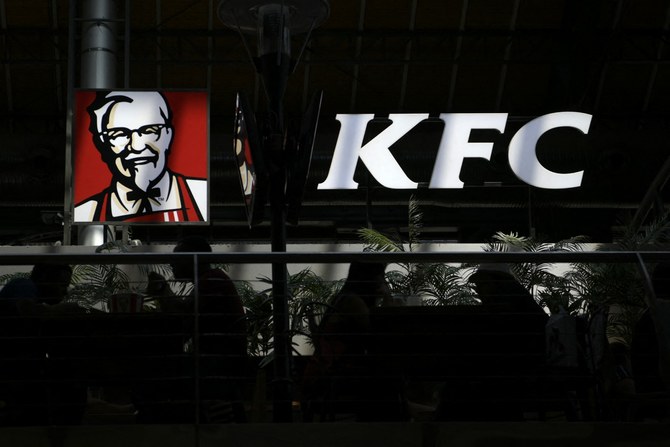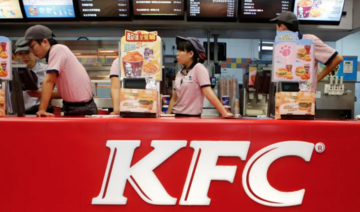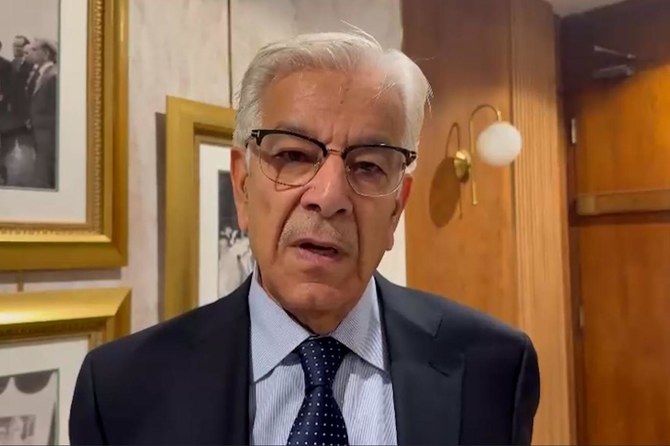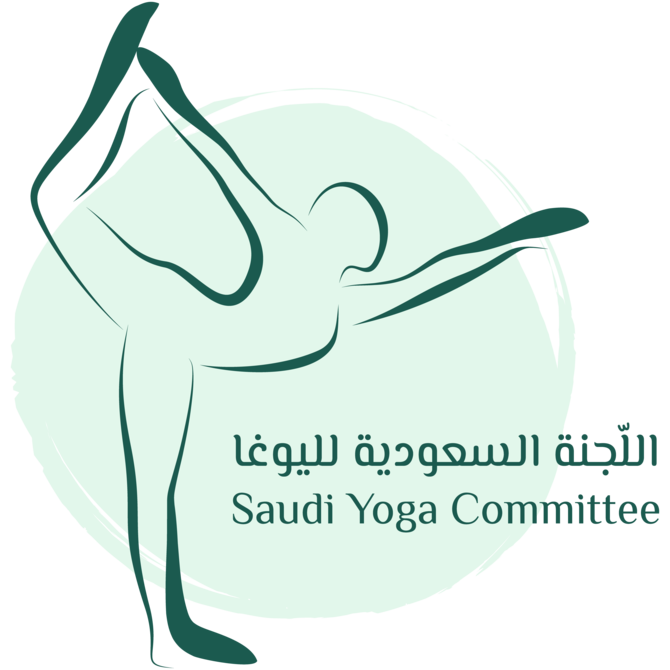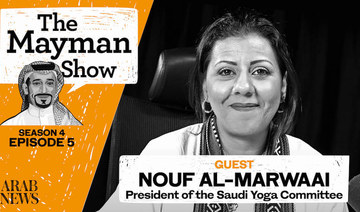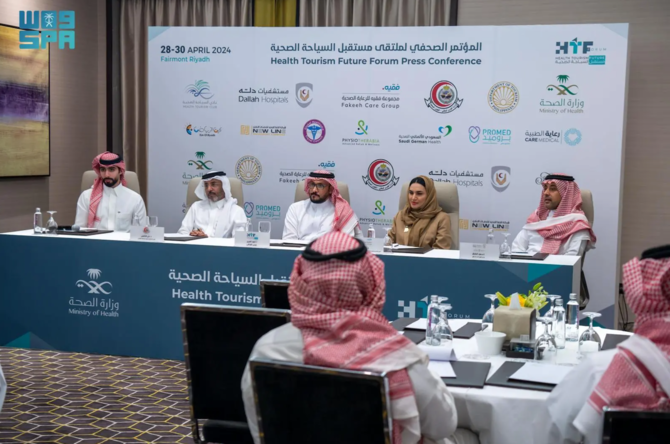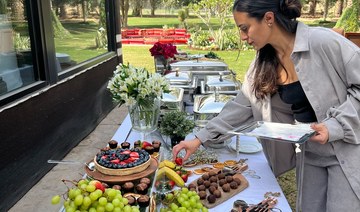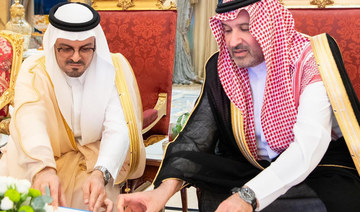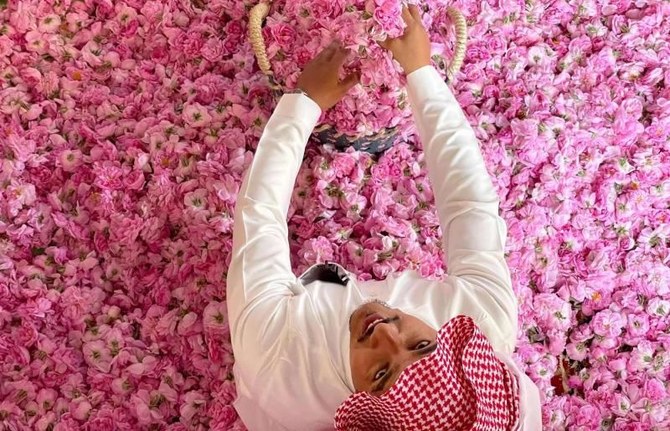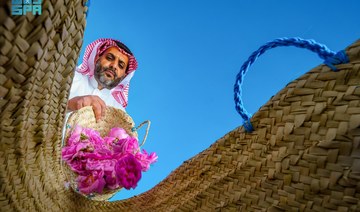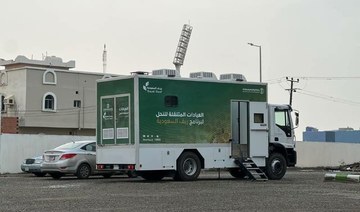After Napoleon’s downfall in 1815, France embraced a mostly informal style of empire, one that emphasized economic and cultural influence rather than military conquest.
A Velvet Empire is a global history of French imperialism in the 19th century, providing new insights into the mechanisms of imperial collaboration that extended France’s power from the Middle East to Latin America and ushered in the modern age of globalization, says a review on the Princeton University Press website.
David Todd shows how French elites pursued a cunning strategy of imperial expansion in which conspicuous commodities such as champagne and silk textiles contributed to a global campaign of seduction.
French imperialism was no less brutal than that of the British. But while Britain widened its imperial reach through settler colonialism and the acquisition of far-flung territories, France built a “velvet” empire backed by frequent military interventions and a broadening extraterritorial jurisdiction. Todd demonstrates how France drew vast benefits from these asymmetric, imperial-like relations until a succession of setbacks around the world brought about their unraveling in the 1870s.






